
PARTICIPANTS
CIVIS MEDIA CONFERENCE 2021
The Corona pandemic has given the established media a boost in prestige. Apparently, quality journalism as a provider of reliable information is once again enjoying more robust esteem. The good survey results are a snapshot; it is currently impossible to predict whether the current trend will continue. The question of trust has by no means been settled for the media. The established intermediaries would therefore be well advised to continue to take a self-critical look at where and why their credibility is being called into question.
Why do classical media, even when doing a decent job, often fail to reach their critics? How closely is this failure connected to a contempt for everything considered part of the “system”? And to what extent do public broadcasting and daily newspapers have themselves to blame for the audience turning away from them? Do established media too often voice uniform positions? Do they represent too few perspectives – too few, given our highly diverse society? Would more multi-perspectivity yield more trust among viewers, listeners and readers? Because they, who belong to very different groups, see themselves better represented? And to what extent do hatred and incitement on the net influence how users feel about television, radio and newspapers?
These questions were addressed at the virtual media conference of the CIVIS Media Foundation on Wednesday, 9 June 2021, 10:15 to 13:00.
#vertrauenssachen.
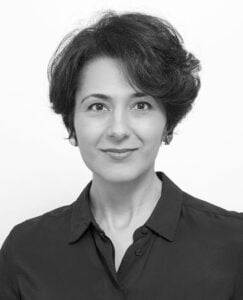
Studied Romance languages and literature, political science and Iranian studies in Heidelberg and Lille. SWR traineeship. From 2003 worked in ARD Iraq pool. 2006-2008 TV correspondent at ARD studio Cairo. 2008-2012 editor and reporter at ARD morning magazine and WDR Tagesschau editorial office. 2013-2018 TV correspondent in ARD Moscow studio. Most recently WDR editor and reporter for the ARD magazine MONITOR.
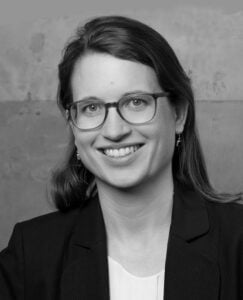
Studied journalism, business administration and education in Mainz. 2014 doctoral thesis “Do media make politics?” Research assistant at Institute for Communication Studies and Media Research at LMU Munich. 2019 Visiting professor at TU Dresden. Since 2019 head of the DFG network “Media Trust in the Digital World”. Research interests: political communication, media trust, media and populism, digital media use by youths.
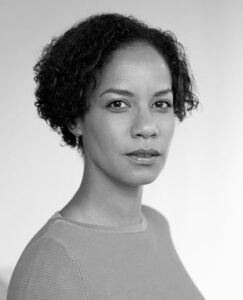
Studied political science, economics, African studies, sociology in Frankfurt (a.M.). Trained as an editor at the Berlin School of Journalism. Freelance writer for various newspapers (including Die Zeit, Tagesspiegel) and since 2009 editor for Hessischer Rundfunk. Since 2015 for the programme “Der Tag” (hr2 Kultur). Since 2019 author at Deutschlandfunk Kultur for “Das Politische Feuilleton”. Monthly column for Frankfurter Rundschau. Main areas of work: Youth, social affairs, migration and racism research.
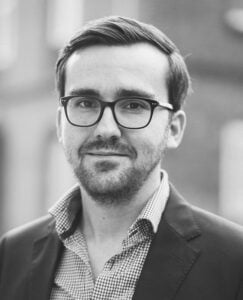
Studied political science in Leipzig. German School of Journalism in Munich. Worked for Sächsische Zeitung, taz and Tagesspiegel. Since 2017, head of the Leipzig office of DIE ZEIT weekly and editorial office of ZEIT IM OSTEN. 2018 Thuringian Journalism Award. From July 2021 co-head of the ZEIT “Streit” department.
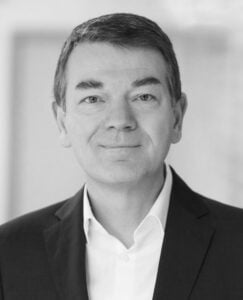
Studied journalism and political science in Dortmund. Traineeship. Then radio and television editor at Westdeutscher Rundfunk and home correspondent for Tagesschau and Tagesthemen. 2002-2014 WDR editor-in-chief of television and head of the programme area politics and current affairs. Since 2014 WDR Programme Director Information, Fiction and Entertainment and Coordinator Fiction in ARD. Regular presenter of ARD first chain election programmes and the “ARD Press Club”.
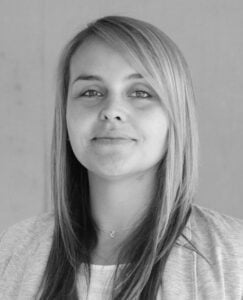
Studied journalism, political science and economics in Mainz. Since 2013 research assistant at the Institute of Journalism, Johannes Gutenberg University Mainz, 2019 PhD on the role of media in decision-making processes of social decision-makers. Main research interests: political communication – which media do people use for political information and what consequences does this have for their own political attitudes and interaction with fellow citizens and civil society?
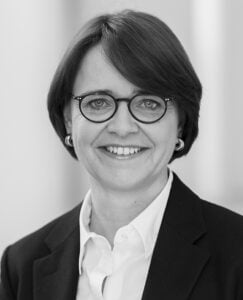
Member of Bundestag since 1998 and Health Policy Spokesperson of CDU/CSU parliamentary group since 2002. Since 2009 State Secretary in Federal Ministry of Health. Since 2018 Minister of State in the Federal Chancellery, Federal Government Commissioner for Migration, Refugees and Integration. Chair of Women’s Union since 2015. Member of the CDU Executive Committee since 2012 and the CDU Presidium since 2018.
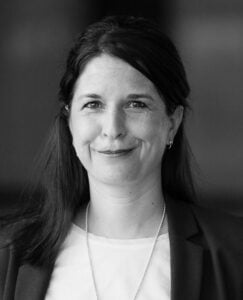
Studied International Relations in St. Gallen. Diploma at MAZ – The Swiss School of Journalism. 2002 traineeship at the Zurich Tages-Anzeiger, from 2004 economics editor. 2007-2008 Business correspondent “Tages-Anzeiger” in Frankfurt am Main. 2011-2014 Business editor Handelszeitung (Axel Springer Verlag). 2014 Editor-in-chief and news director of Zurich Tages-Anzeiger. 2016 Member of the editorial board of Tages-Anzeiger and Sonntags-Zeitung. 2018 Editor-in-chief of Tages-Anzeiger. Since July 2020 editor-in-chief of Süddeutsche Zeitung together with Wolfgang Krach.
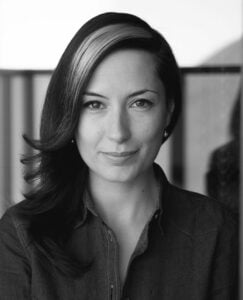
Studied communication science and linguistics in Essen. Since 2011, owner of the political and communications consultancy “Zaboura Consulting”. In this function, she works as an expert for international research projects in the digital society and economy; expert moderator in the areas of the future of media, digitalisation and democracy. Also evaluator for the European Commission; member of the board of trustees of the Grimme Research College – Media and Society in the Digital Age; external evaluator for the Federal Ministry of Education & Research; chair of the Grimme Jury for the German Radio Prize.
Header: Luis Quintero from pexels/ Collage CIVIS
Participants:
Golineh Atai: Copyright: © Joanna Vortmann
Nayla Fawzi: © Foto Sexauer
Hadija Haruna-Oelker: © KATARINA IVANISEVIC
Martin Machowecz: © Robert Strehler
Jörg Schönenborn: © WDR/Annika Fußwinkel
Christina Viehmann: © Christina Viehmann
Staatsministerin Annette Wiedmann-Mauz: © Bundesregierung/Steffen Kugler
Judith Wittwer: © Friedrich Bungert/SZ
Nadia S. Zaboura: © Lars Weber

